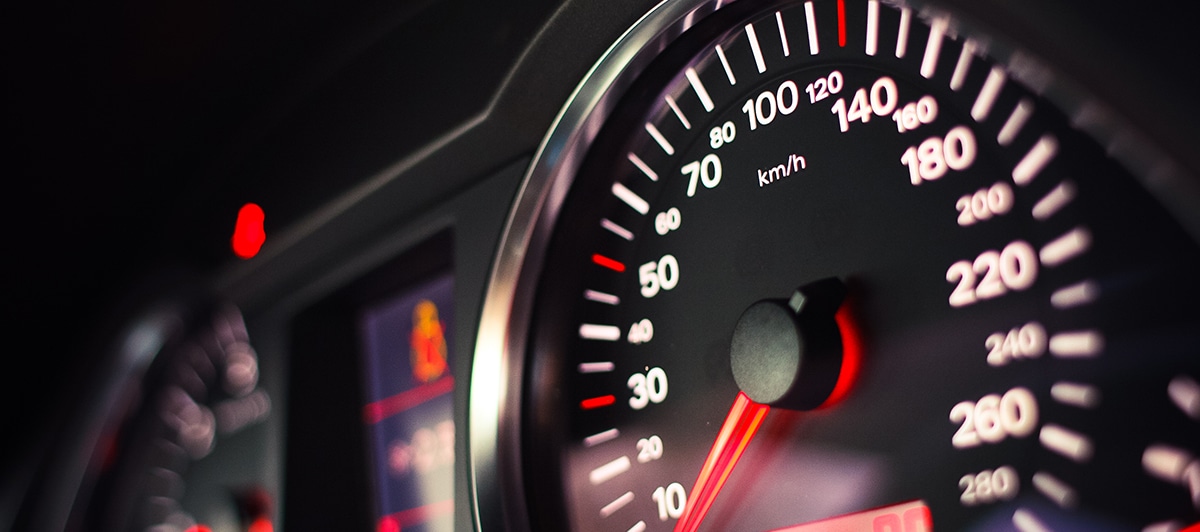Let me start by saying WordPress is an amazing platform if selected properly for your website as a framework or as a content management system. So why does WordPress get a boot for being slow? There are many reasons behind a slow website. And it’s not only a website built on WordPress that is slow, website done badly on any framework can be slow as well.
So what are the major reasons that is really letting your site down? Various factors are associated with it and I will be pointing out some major factors that is slowing down your website.
Here are some major reasons that I will be outlining.
1. Web Hosting
Web hosting plays a major role in site speed. In short, the faster the host serves the web access viz css stylesheets, javascripts files, images etc the faster the website is.
In a layman’s term when a visitor visits a website by typing the url in browser, it sends request to the server where files are hosted. And then server responds to the request. The speed at which server responds to the request and serve the files depends upon how well the server has been configured to handle the traffic. A good web hosting has server well equipped to handle at decent speed.
Here the bottom line is no matter how optimised your website is, if the server is not good enough, it will let you and your website down.
There are various options available for web hosting. Talking locally about Sydney, there are a couple of decent web hosts I have come through and I am really happy with them.
2. Bloated Theme
Have you picked up theme that have too many options either free or from premium market?
Premium themes most of the times are quite heavy and you may only need 30% to 40% of what they offer to run your site. This in turn leads adding up of unwanted codes and resources that need to run before your site is loaded fully.
This is not to say that there are very good premium themes or even free themes on market. Just make sure that you are picking up a good theme that fits your demands.
3. Too Many Plugins
Another reason might be you are using too many plugins and selecting them without doing proper research.
Generally if you have selected good bunch of plugins your website can run and function without any issues. But it’s the bad plugins that are trouble makers. They use lot of resources and hence make the site slower.
So my suggestion is before picking up any plugins do some good research. Read the reviews posted about the plugin, look the overall ratings and downloads and how actively it’s being maintained.
4. No Caching
Caching in layman terms is the process of storing the previous version of website whether it is web assets like images, css files etc and database and making the website load faster.
By implementing plugins your site can implement caching. This helps website load faster and as well as increase user experience. No body likes slow site and its proven fact that slow websites converts less. So in case if you haven’t enabled caching in your website it’s time to do so.
Just look for some decent plugins and follow step as in point 3.
5. Heavy Web Assets
Make sure you have optimised your website’s assets like images, css, javascript files etc. If you have to use videos, upload in youtube or vimeo. Using videos as iframes and uploading on faster servers like in vimeo and youtube saves your website resources as well as make them load faster.
Image optimisation are must too. Make sure you have optimised your images before uploading. Otherwise it will take longer to load and use up your server’s resources too.
So when optimising your website every minor details come in handy. My suggestion would be if you’re looking for long term investment considering hiring experienced wordpress developer, think of custom wordpress development. This will have better ROI in long terms.
In case if you decided to go with premium or free themes and plugins, make sure you do good research before selecting any.




